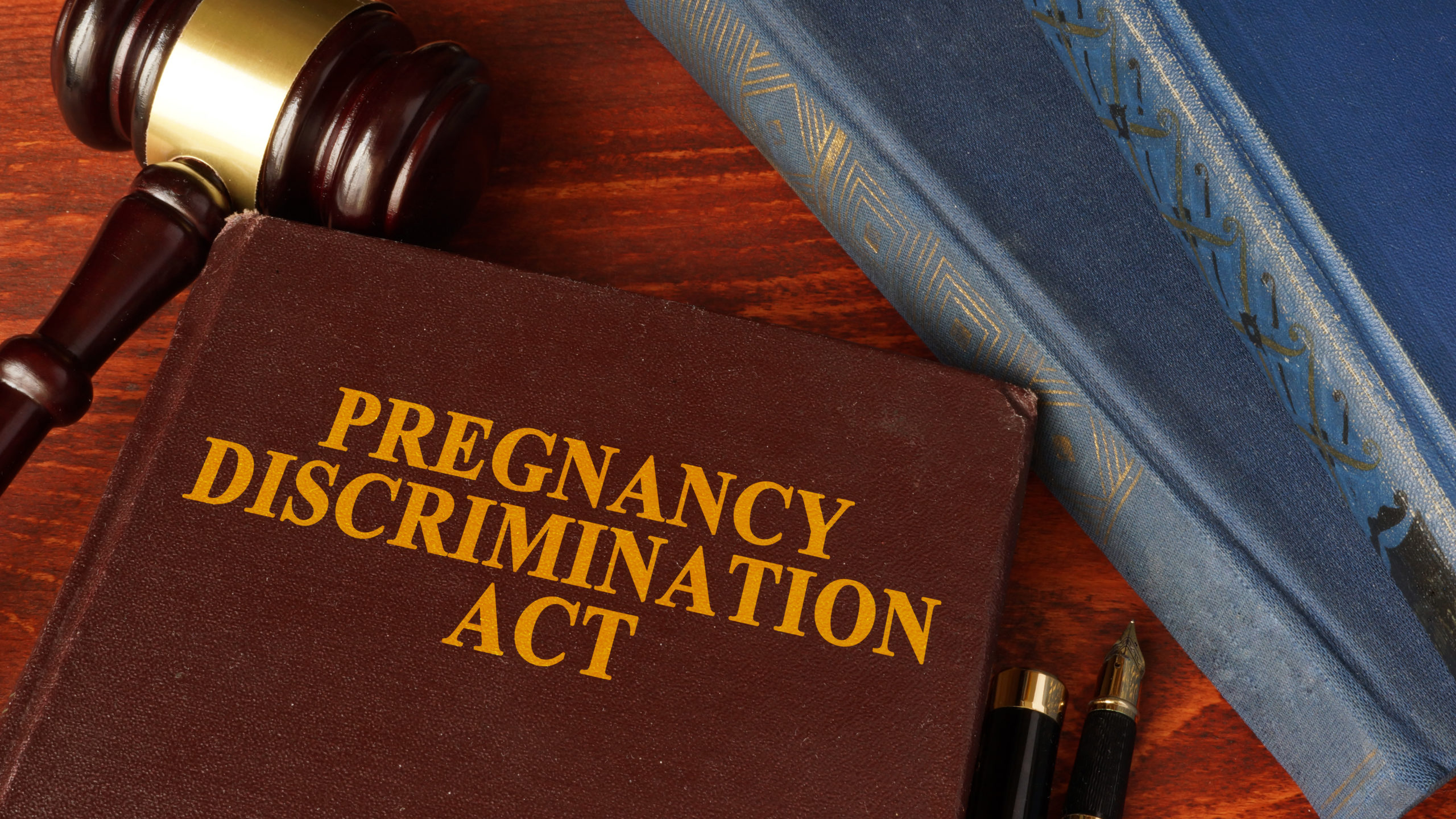By Lindy Korn, Esq.
Did you know that under the law, a pregnancy-related condition may be considered a temporary disability? Did you know that this includes severe morning sickness, doctor-ordered bed rest, childbirth, recovery from childbirth, and any other medical conditions?
Fortunately, many of us work in situations in which trained, sophisticated, caring supervisors are not only aware and respectful of laws governing discrimination, but also hold themselves accountable to creating a workplace environment that is mindful, sensitive, and caring.
Still, when it comes to pregnancy discrimination, I continue to hear troubling accounts from many of the women who seek my advice. Take Jane for example. Upon learning she was expecting, Jane made an appointment to speak with human resources about planning her leave. She was fired after 30 days of that meeting, resulting in constant worry and stress about her family’s survival in the absence of her income.
Then there’s Linda who was told by her supervisor, “You look too ‘preggy,’ move too slowly, and should really go home.” When Linda’s blood pressure began to rise and her body became swollen, she notified her employer that she would need to take her leave earlier than she anticipated, Linda was immediately terminated, told that her job was finished, and that she was no longer needed. “Being terminated required moving in with my parents to survive. Suddenly, I felt displaced in the world,” said Linda.
When Debbie applied for a position at a job placement agency, she was asked, “How many children do you have, and do you plan to get pregnant again.” When she tells the agency she is four months pregnant, she is advised to come back after she has her child and is ready to work.
Then Marge, who worked at a food restaurant asks her boss if she can stop lifting heavy boxes during her pregnancy. He says no, even though another employee did not have to lift boxes at work while recovering from surgery. She is forced to quit her job.
Pregnancy discrimination in the workplace occurs when an employer discriminates on the basis of pregnancy, childbirth, or related conditions. Pregnancy discrimination may include denial of time off or reasonable accommodations for pregnant employees, firing or demoting a pregnant employee, forced time off or restrictions on work, and any other negative employment action taken because of an employee’s pregnancy or related medical condition. Pregnancy discrimination is prohibited under Title VII of the Civil Rights Act of 1964 and is enforced by the Equal Employment Opportunity Commission (EEOC).
If you or anyone in your family can relate to any of the above scenarios, call me today!
Lindy Korn, Esq. is an attorney in Buffalo and advocate of her client’s rights regarding pregnancy, breast-feeding, family and medical leave, and more. Learn more at www.lindykorn.com or call 716-856-KORN.












